Heart Foundation Reformulation Readiness Webinar
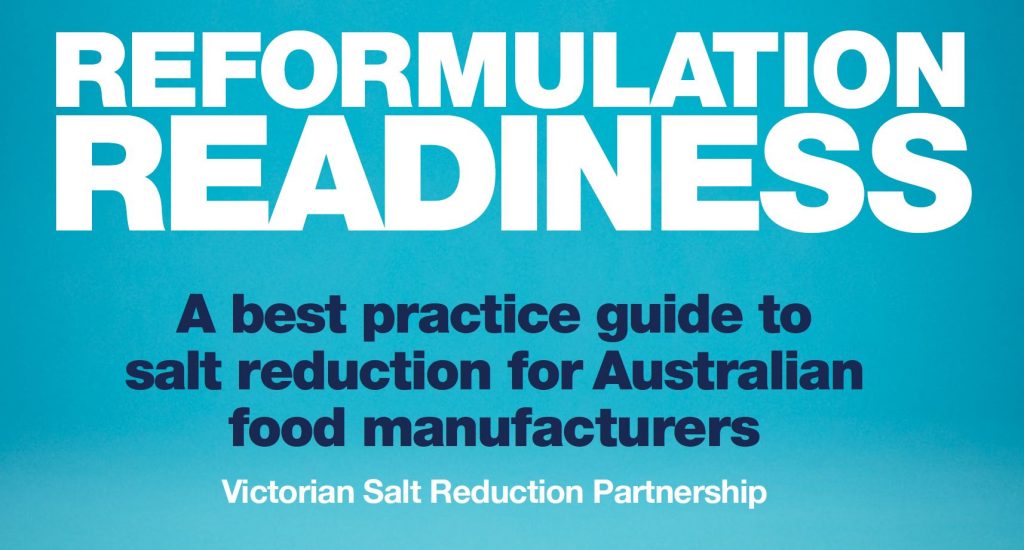
The Victorian Salt Reduction Partnership in collaboration with Vanessa Clarkson (Food Systems and Nutrition Policy consultant) held a webinar on “Reformulation Readiness – A best practice guide to salt reduction for Australian food manufacturers”. The webinar outlines the 9 steps for salt reduction reformulation as well as helpful tools and services to assist manufacturers with […]
Food Governance Conference 2019
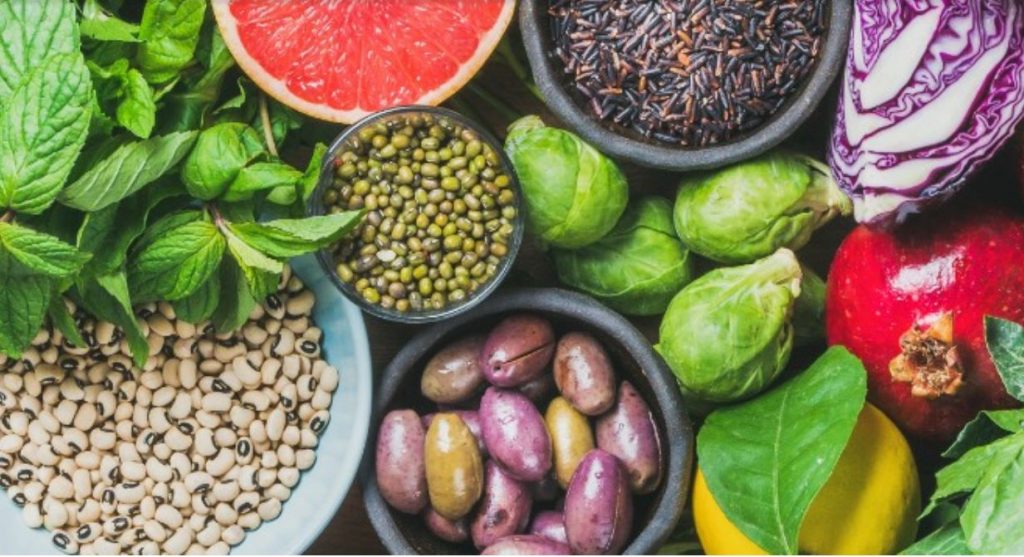
On the 3rd-5th of July, the second Food Governance Conference was hosted by the Sydney Law School, The University of Sydney’s Charles Perkins Centre, and The George Institute for Global Health. The conference had a focus on the role of human rights, law, regulation and policy, in addressing food system issues and challenges. Keynote presentations […]
“Food and Water is Life!” – Food Forum in Walgett

Following media coverage last year highlighting the high sodium levels in the bore water used by the community, and previous discussions with community members, a Food Forum was held in Walgett, NSW, Australia. It was hosted by Yuwaya Ngarra-li, a community-led partnership between the Dharriwaa Elders Group (DEG) and the University of New South Wales (UNSW). The […]
Sodium Reduction: Assessment to Action
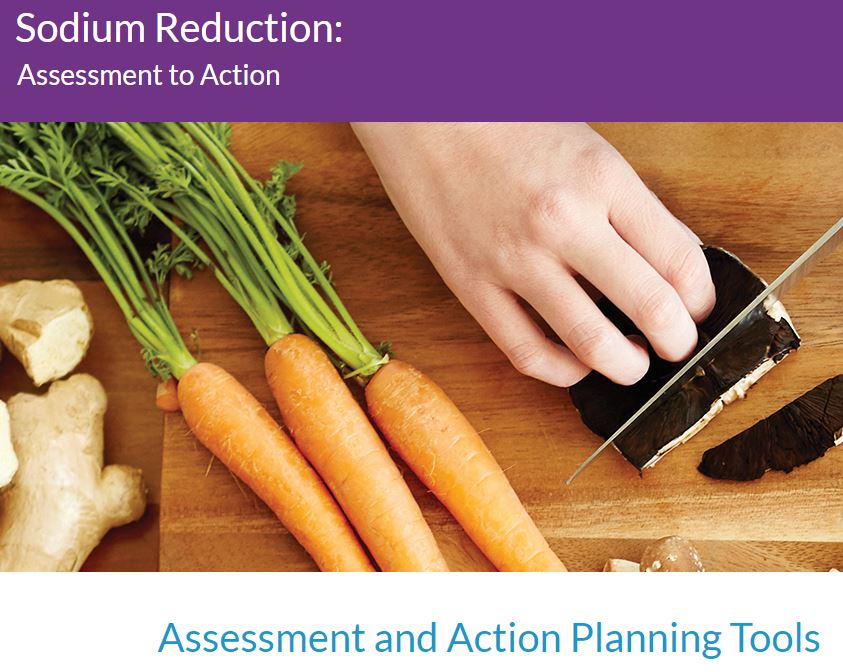
The Health Resources in Action team have recently released an online sodium reduction assessment and action tool kit for food services. The aim of the toolkit is to assist the food service sector to conduct their assessment and then turn their results into an action plan. Areas covered include: food service guidelines and standards, food […]
Advocacy organisations file a complaint in federal court to Stop USDA’s Weakening of Nutrition Standards for School Meals

In December 2018 in the US, the Trump Administration rolled back nutrition standards for school meals, including sodium and whole grain standards. For sodium, the new rule delayed the date schools had to comply with the first and second sodium reduction target and eliminated the third target. In April 2019, Healthy School Food Maryland and […]
Launch of ‘Reformulation Readiness – a best practice guide for Australian food manufacturers’
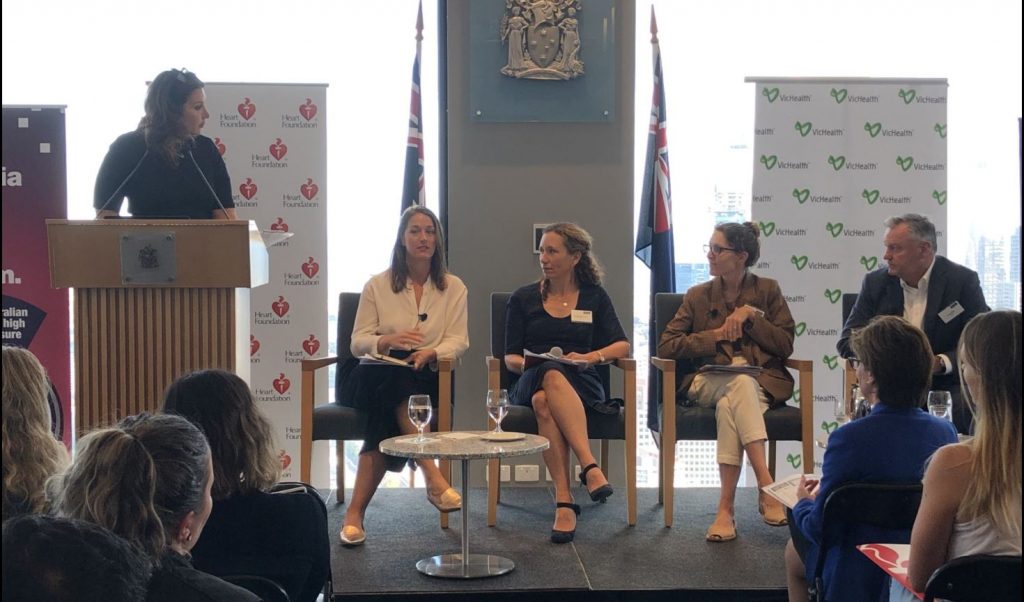
On May 3rd 2019, the Victorian Salt Reduction Partnership, consisting of the Victorian Health Promotion Foundation (VicHealth), the Heart Foundation, The George Institute for Global Health and other partners, launched Australia’s first how-to guide for salt reduction in processed and packaged foods, titled ‘Reformulation Readiness: A best practice guide to salt reduction for Australian food […]
Potential use of salt substitutes to reduce blood pressure
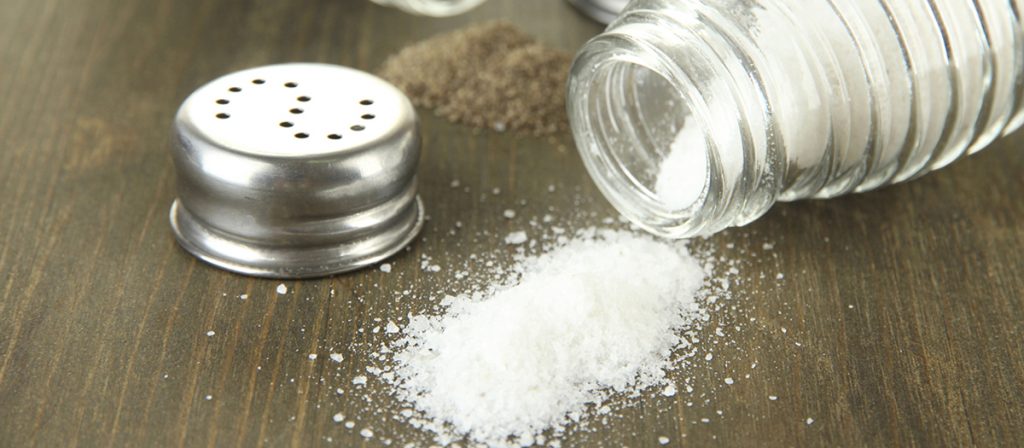
Farrand et al published a commentary outlining the potential use of salt substitutes to complement existing salt reduction strategies. Salt substitutes offer an opportunity to further reduce population salt intake and also increase potassium intake, which will reduce population blood pressure and assist in preventing and managing hypertension. They recommend governments consider promoting and subsidising salt […]
Fact sheet and call to action on dietary sodium in Canada
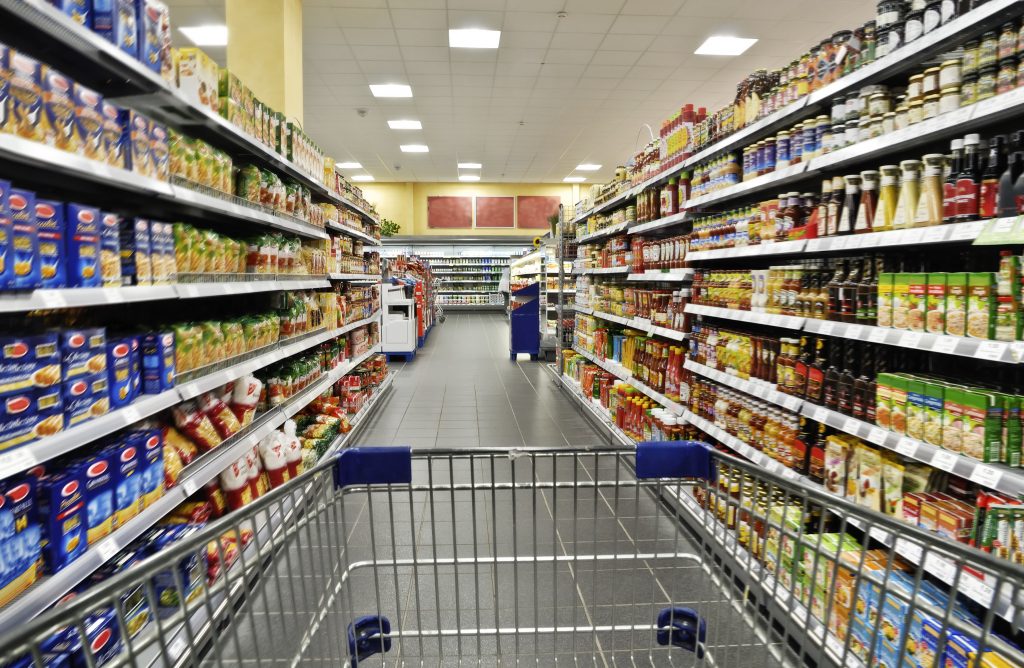
Hypertension Canada released a ‘Fact sheet and call to action on dietary sodium’ in January, which received widespread support from Canadian health and scientific organizations. The fact sheet highlights the risk of high sodium intakes, the importance of population sodium reduction, and opportunities for sodium reduction in Canada. The call to action comprises 10 priority […]
Costa Ricans consuming almost twice the recommended amount of salt

Costa Ricans consume almost double the WHO salt recommendations. The Costa Rican Institute for Research and Education in Nutrition and Health (Incenses) have coordinated two international events to raise awareness of the issue. In February, a workshop “Application of social marketing in the creation of capacities and the reduction of salt intake in Latin America: […]
Sodium and Potassium Dietary Reference Intake Values Updates- US

The National Academies of Sciences, Engineering, and Medicine recently reviewed evidence and updated dietary reference intake values for sodium and potassium. Adequate intake (AI) amounts have remained unchanged for 14-50 year olds, and increased slightly for adults over 51 years old. For most children’s age groups the AI has been reduced slightly. The tolerable upper […]